
Anatoly Alekseyevich Solonitsyn (August 30, 1934, Bogorodsk – June 11, 1982, Moscow) was a Soviet actor of remarkable intensity and philosophical depth, best known for his collaborations with Andrei Tarkovsky. Born in 1934 in Bogorodsk, he became the face of inner struggle and metaphysical searching in Soviet cinema, most famously portraying Andrei Rublev, the tormented painter of icons, and the i...
Explore all movies appearances
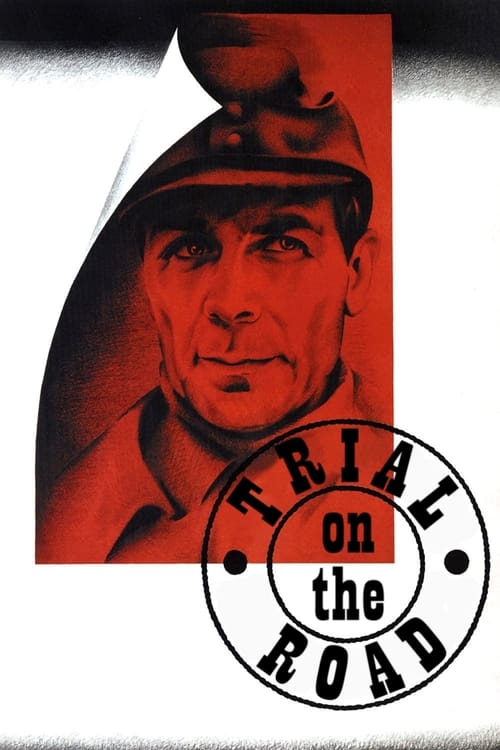
Shot in 1971 but banned until 1986, this distinctly Russian war story takes place in 1942 behind enemy lines. A regiment of partisans captures former Red Army lieutenant Lazarev who is dressed in a German uniform. He’s a Nazi defector and collaborator but now desires to switch back and fight with Russian partisans.

In this drama with socio-political nuances, a heroic engineer is able to save the passengers on his train from injury or death by sacrificing his own life when his locomotive crashes. An investigator Ermakov and journalist Malinin are both involved in the story of the crash but from two different angles: the investigator wants to find out why it happened, the journalist wants to laud the heroism of the dead engineer.
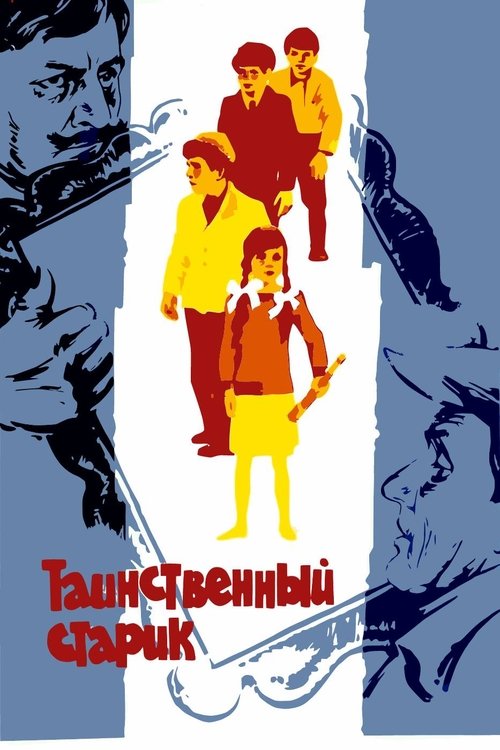
In the small town of Krutovo, three friends live — Mitrya, Andrian and Lenka. From the director of the Museum of local lore, the children learn about the theft of the portrait "The Old Man with a Candle" from the museum collection of Prince Meshchersky. The valuable painting is somewhere in the city. The guys are starting the search...
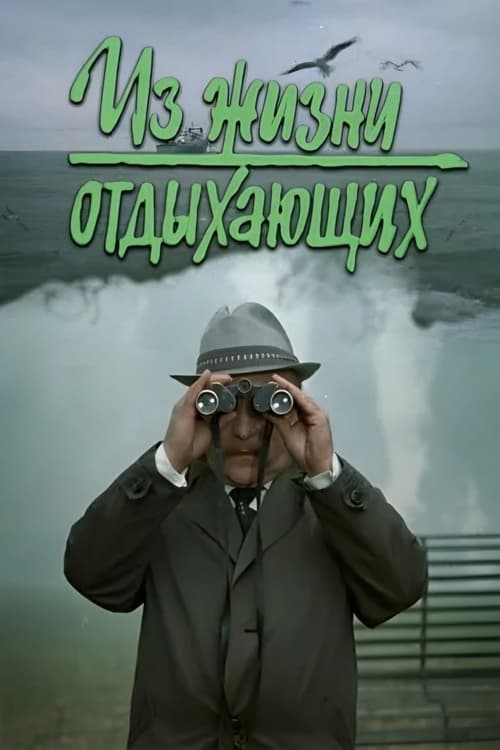
Two reserved people, almost resigned to their loneliness, found each other at the Soviet-era sea resort on the late autumn. Long dinners with senceless conversations transform into a love story.
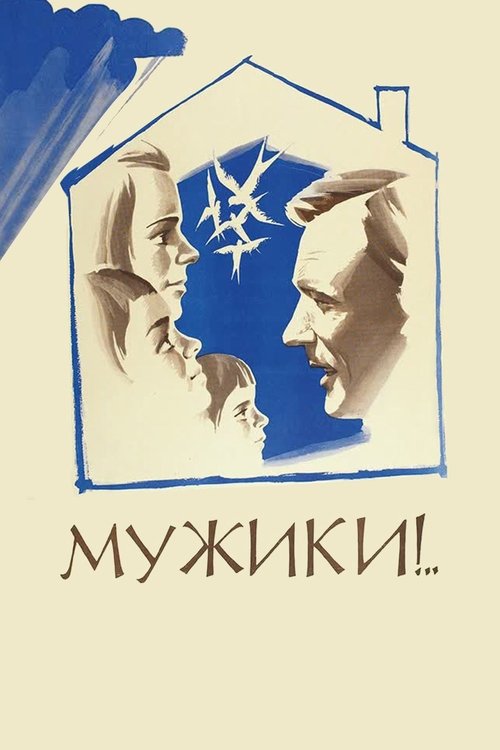
Pavel's mother hates his fiancee. When Pavel serves in the Army she writes him that Nastya is no longer faithful to him. Pavel decides not to return to his native town. But many years later he returns to his fathers funeral and finds out that Nastya died sometime ago. She left three kids orphans and her elder daughter is also a daughter of Pavel.
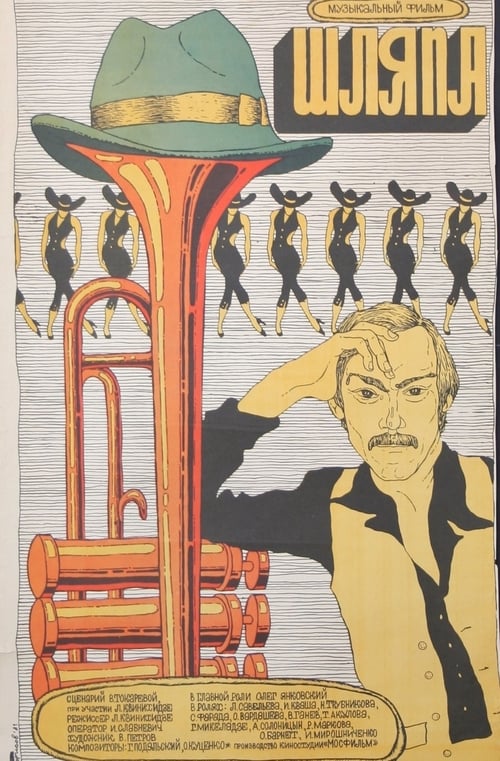
The hero of the movie is a popular composer and jazz performer. He is certainly a gifted man. However, his character is... to put it mildly, uncomfortable. He lives by emotions, he cares little about the fate of people who love him. Some will think that he is right in his own way; some will think that he missed something important in life. But anyway, one thing is certain: God is helping him.
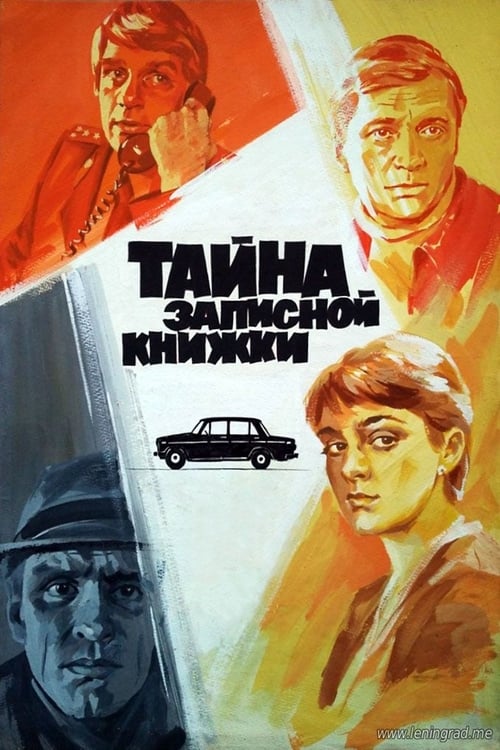
No plot available for this movie.
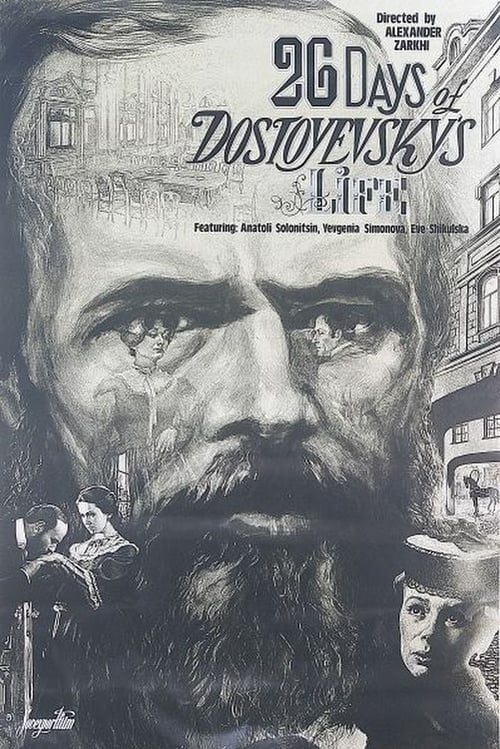
Twenty-Six Days in the Life of Dostoyevsky was entered on February 16th at the 1981 Berlin Film Festival to commemorate the 100th anniversary of Dostoyevsky's death on February 9th, 1881, and won a "Best Actor" award for Anatoly Solonitsyn as Dostoyevsky. Solonitsyn was a favorite actor in Andrei Tarkovsky's films, and this was to be his penultimate role. This brief imaginary period in the famed Russian writer's life encapsulates one of his darker moments in 1866. At that time he was still a relatively unknown writer whose first widely acclaimed work, Crime and Punishment, was just on the horizon. His life was at a very low ebb as he struggled with debts he could not pay, and as he fought depression over the loss of his wife to tuberculosis, and the death of his brother, who was very close to him. His first literary journal had to be scrapped because of political reasons, and the second venture needed funding.

Russian monk Grigori Rasputin rises to power, which corrupts him along the way. His sexual perversions and madness ultimatly leads to his gruesome assasination.

Accountant Sergey Ivanovich is retiring. Finally, he will be able to devote all his free time to his family: he will help his daughter Natalya with the housework, raise his granddaughter, visit his sons who live in different cities... But it turns out that adult children do not need parental care, and Sergei Ivanovich feels uneasy at work...
Subscribe for exclusive insights on movies, TV shows, and games! Get top picks, fascinating facts, in-depth analysis, and more delivered straight to your inbox.